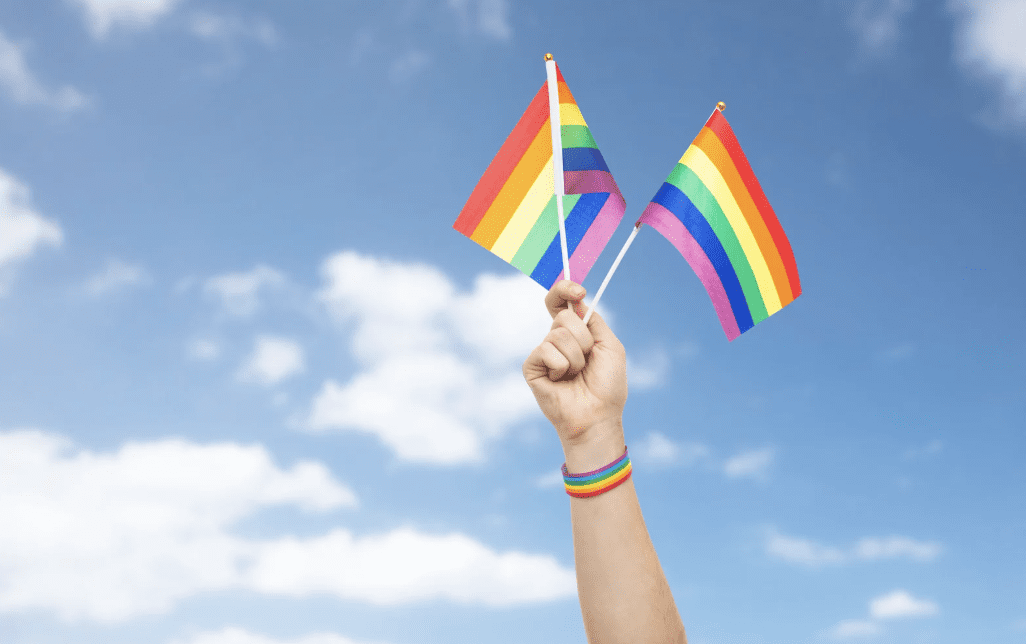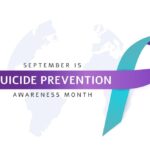Healthcare inequities profoundly impact many people in the LGBTQIA2S+ community (which we’ll collectively refer to in this article as LGBTQ). Persistent stigma, discrimination, and a severe lack of affirming care converge to elevate risks for mental health conditions, alcohol use disorder (AUD), and substance use disorder. Recognizing and addressing these disparities is vital to advancing health equity and encouraging more effective treatment options.
Equal vs. Equitable: What’s the Difference?
This is the definition from the Robert Wood Johnson Foundation, which we provide verbatim:
- Equality: everyone gets the same, regardless if it’s needed or right for them.
- Equity: everyone gets what they need, understanding the barriers, circumstances, and conditions.
The foundation further notes that “the determinants of health include living and working conditions, education, income, neighborhood characteristics, social inclusion, and medical care. An increase in opportunities to be healthier will benefit everyone but more focus should be placed on groups that have been excluded or marginalized in the past.”
Health equity means supporting affordable, accessible care for all people, taking into consideration notable cultural differences, but regardless of:
- Ability
- Age
- Ethnicity
- Geographical location
- Gender identity or expression
- Nationality
- Race
- Sex
- Sexual orientation
- Socioeconomic status
Challenges Faced by the LGBTQ Community
According to the National Survey on Drug Use and Health—sponsored by the Substance Abuse and Mental Health Services Administration (SAMHSA)—sexual and gender minorities—including LGBTQ individuals—experience higher rates of AUDs and SUDs compared to heterosexual populations. They’re also more likely to enter treatment with more severe symptoms.
One prominent reason is the prevalence of minority stress, defined by the American Psychological Association as “the physiological and psychological effects associated with the adverse social conditions experienced by ethnic, racial, sexual, and gender minorities, and others who are members of stigmatized social groups.”
Medical News Today (MNT) notes that “distal stressors stem from individuals or institutions that affect minority individuals.” It identifies the following as distal stressors, which we provide verbatim:
- Discriminatory policies and laws.
- Acute life events, such as being victimized by violence.
- Chronic stressors, such as living in poverty.
- More regular stressors, such as microaggressions.
- Expected positive events or experiences that are interrupted or halted by stigma or prejudice.
Members of the LGBTQ community in the U.S. make up nearly 10 percent of the population and are often denied proper care on one or more of the above factors. The Movement Advancement Project also points out inequities in healthcare laws and policies, as well as residual discrimination and institutional bias in the healthcare system that further compound issues.
According to GLADD, here are just a few federal policy changes enacted so far in 2025:
- The LGBTQ community lost access to the 988 suicide and crisis hotline’s specialized services for LGBTQ youth, a federal program that provided services to approximately 1.5 million youth. “Since 2022, the 988 Lifeline provided evidence-backed, specialized services to the country’s highest risk groups for suicide, including veterans and LGBTQ youth,” the organization stated.
- There’s no longer an HIV prevention division of the Centers for Disease Control and Prevention. Additionally, GLADD reports that the current administration “terminated or delayed multiple grant awards related to HIV prevention, ended a $258 million HIV vaccination research program from the National Institutes of Health, eliminated studies designed to prevent new HIV infections among Black and Latino gay men, requested a $1.5 billion reduction in a domestic HIV care and prevention program funding, and halted the President’s Emergency Plan for AIDS Relief, a 22-year-old program credited with saving 26 million lives worldwide.”
- The Department of Veterans Affairs has imposed new guidelines on VA hospitals nationwide that “remove language that explicitly prohibited doctors from discriminating against patients based on their political beliefs or marital status,” GLADD states. “The VA claimed the new guidelines are being imposed in alignment with a Trump executive order that strips most government protections from transgender people. The VA has since ceased providing most care for transgender people and censored the words ‘gender affirming’ and ‘transgender’ from clinical settings.”
How might these and other factors affect health equity? Presented with these and other stressors, MNT notes a rise of “proximal stressors—in which minority individuals learn to reject themselves for being who they are.” As a result, they might experience:
- “Expectations of rejection. This refers to the development of expectations that they will be stigmatized due to social stigmas.”
- “Identity concealment. This refers to the individual hiding their sexuality or gender identity to protect themselves against distal stressors.”
MNT states that while concealing one’s identity might initially be protective, “it can also limit a person’s access to social support and affirmation.”
Ivory Plains: Proud to Be Inclusive
Combating this crisis requires a multi‑layered approach: trusted trauma‑informed care, provider competency, early prevention, inclusive policies, and community support. Ultimately, centering LGBTQIA2S+ voices and identities within public health efforts is not only equitable—it’s essential for healthier, more just communities.
Our addiction rehabilitation program in Adair, Iowa utilizes an evidence-based structured approach toward establishing a strong foundation in recovery. Our professionals acknowledge collective challenges, but also strive to honor the dignity of each individual, considering all aspects of their lives and providing customized solutions for their future success as a whole person—mind, body, and spirit. We strive to provide better health outcomes for the LGBTQ community. Talk to a member of our admission team today to learn how we can help you.
If you or someone you love needs immediate assistance, you can still reach out to the 988 Lifeline or turn to PFLAG for a comprehensive list of more dedicated LGBTQ support and resources.





